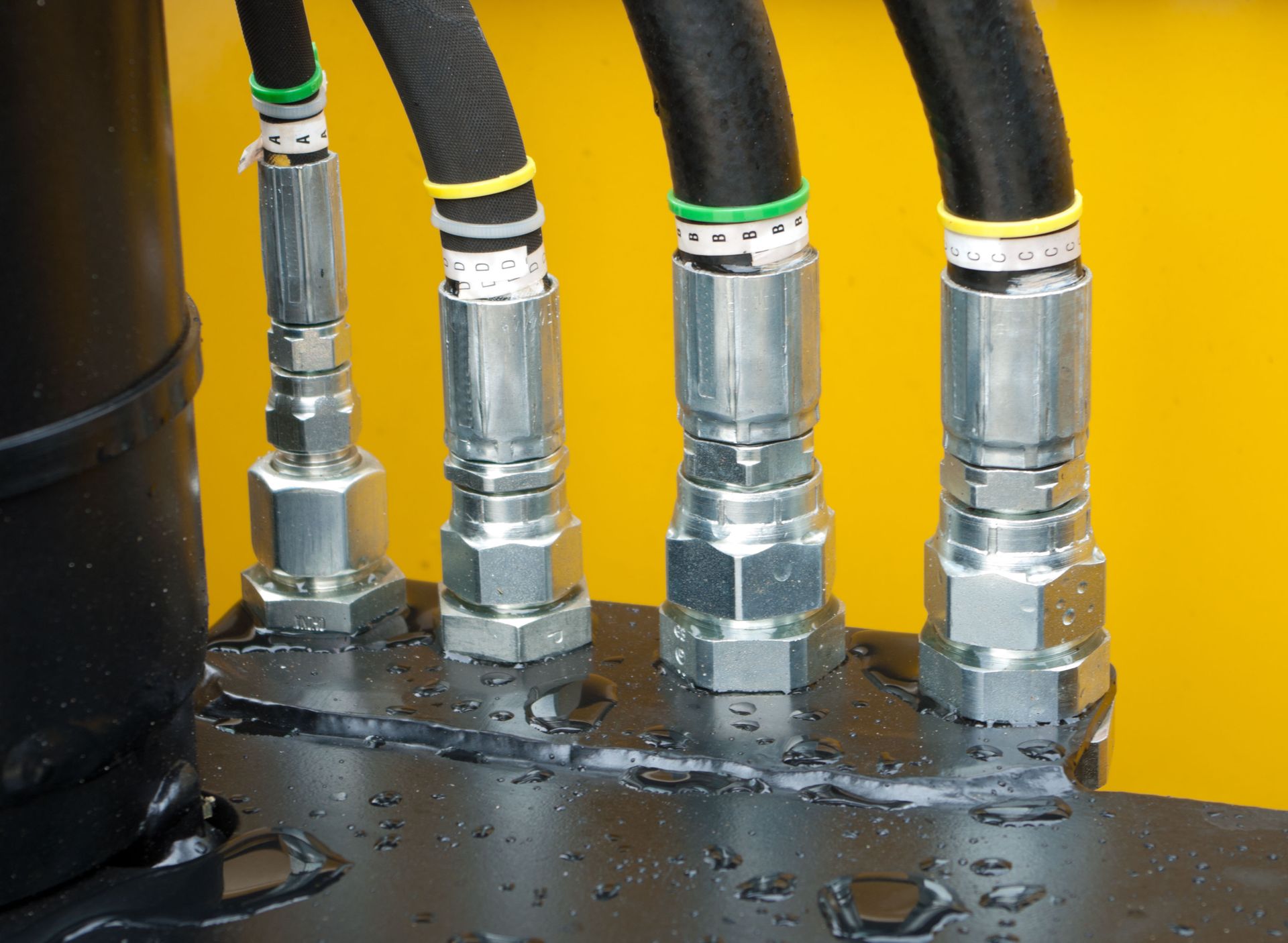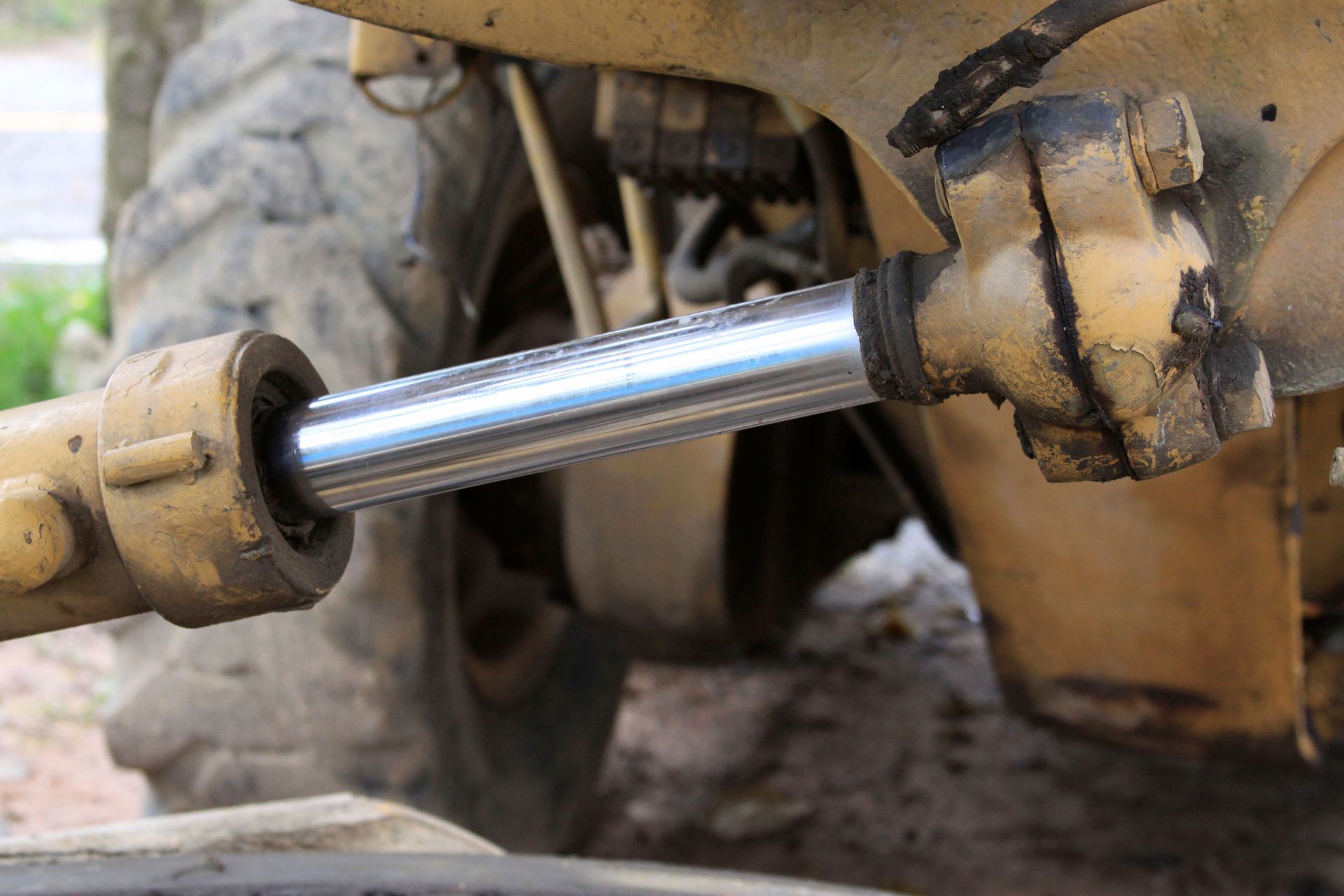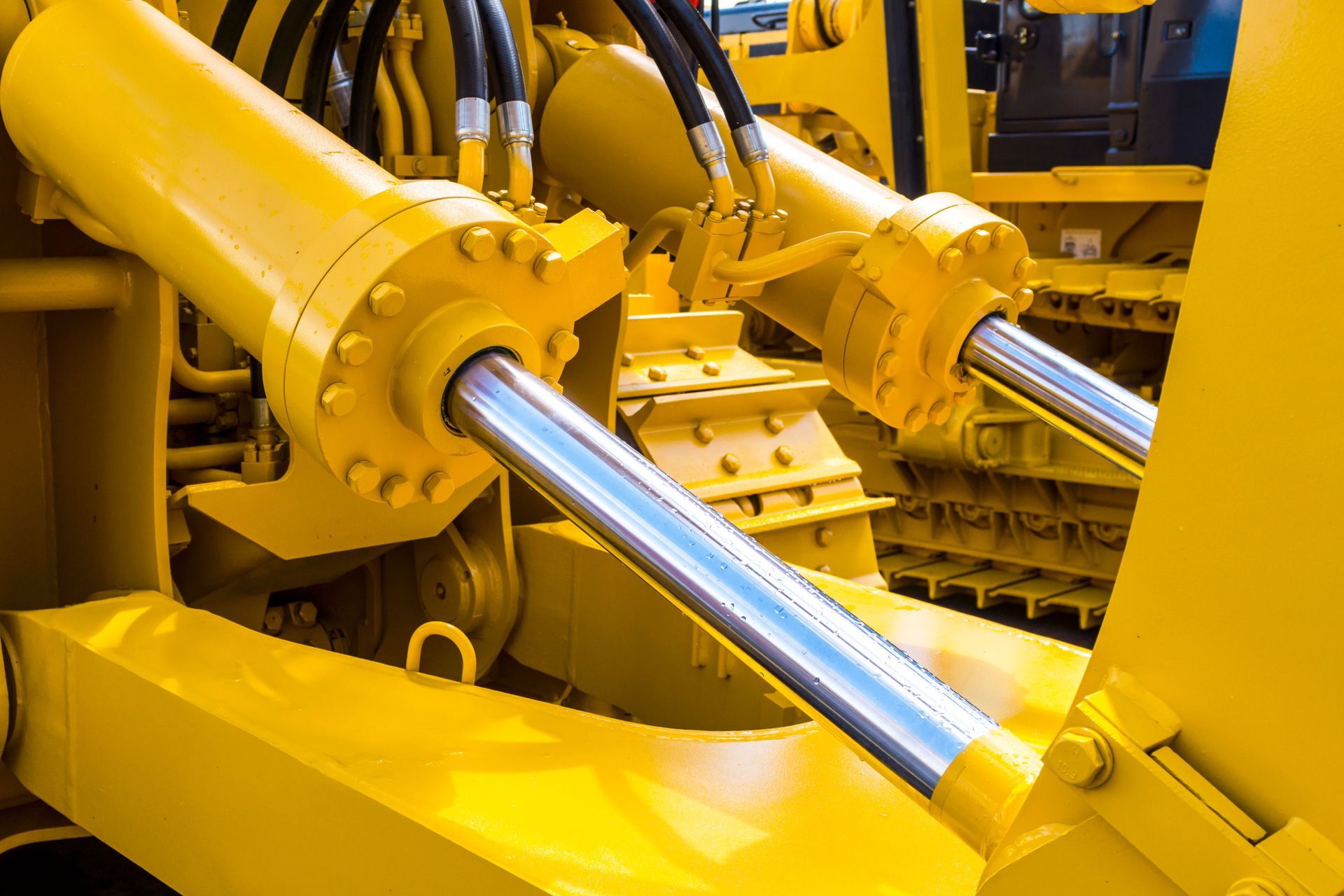The Origins of Hydraulic Power
Hydraulic power, a cornerstone of modern engineering and machinery, has a rich and fascinating history that stretches back centuries. From the ingenious inventions of ancient civilizations to the scientific breakthroughs of the 17th century, the development of hydraulic systems has transformed industries, making processes more efficient and powerful. Let's take a look into the origins of hydraulic power and unravel the contributions of early thinkers and inventors who laid the foundation for today’s advanced hydraulic technologies.
Ancient Civilizations and Early Hydraulics
Early forms of hydraulic power can be traced back to ancient civilizations such as the Egyptians, Greeks, and Romans, according to Born to Engineer. These early innovators harnessed the power of water to operate mills and irrigate crops, demonstrating an intuitive understanding of fluid dynamics. The use of water wheels and simple hydraulic mechanisms in ancient times revealed the potential of hydraulics, even though the scientific principles were not yet fully understood. These early applications set the stage for more sophisticated developments in the future.
The Scientific Foundations of Hydraulics
The true scientific understanding of hydraulics began to take shape in the 17th century with the work of Blaise Pascal, a brilliant French scientist. According to Facts.net, Pascal introduced Pascal’s Principle in 1647, forever changing the way we understand fluids and their properties. Pascal’s Principle states that a change in pressure applied to an enclosed fluid is transmitted undiminished to all parts of the fluid and to the walls of its container. This fundamental concept laid the groundwork for the development of hydraulic presses and various other hydraulic machinery.
Industrial Revolution and the Rise of Hydraulic Systems
As knowledge of hydraulic principles spread, inventors in the 18th and 19th centuries began to create more complex and powerful hydraulic systems. According to Standard Machine Tools, Joseph Bramah, an English engineer, patented the hydraulic press in 1795, utilizing Pascal’s Principle to achieve unprecedented force multiplication. This invention revolutionized manufacturing and construction, paving the way for modern hydraulic machinery. The Industrial Revolution witnessed the widespread adoption of hydraulic power, enhancing the efficiency of many mechanical processes.
The origins of hydraulic power are deeply rooted in the innovative spirit of ancient and early modern scientists and engineers. From the water wheels of ancient civilizations to Pascal’s groundbreaking discoveries and Bramah’s revolutionary hydraulic press, each development has contributed to the sophisticated hydraulic systems we rely on today. The enduring legacy of these early pioneers is evident in the application of hydraulic power across numerous fields today. For more information, call Devine Hydraulics, Inc.







Share On: